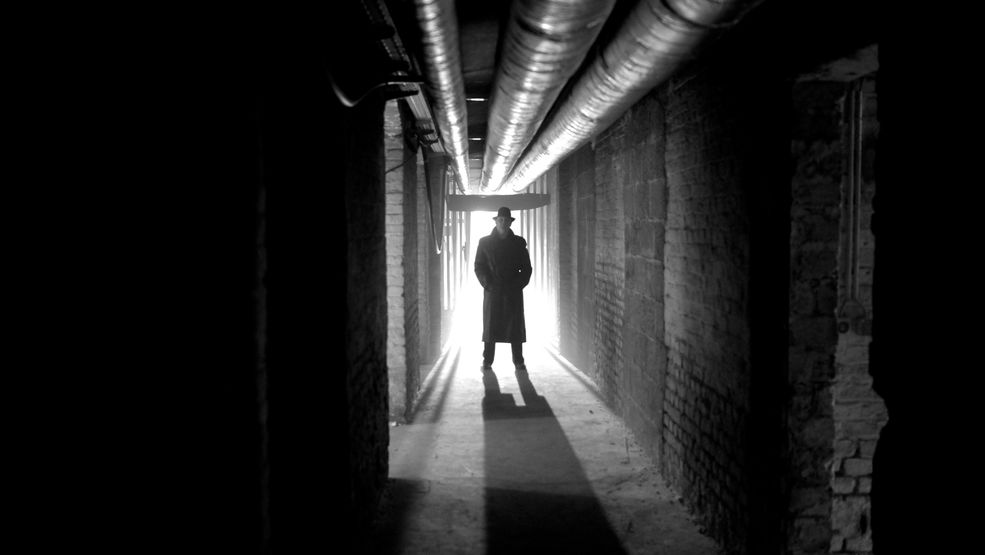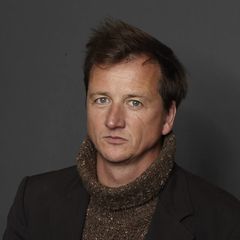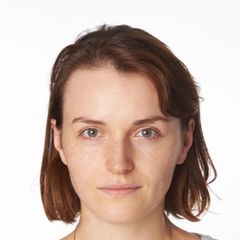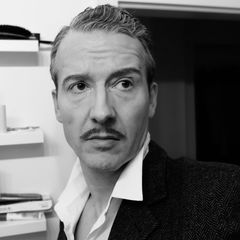Feature Film / Directing
“Directing is the art of making coincidence possible.” (Roberto Ciulli)
The director (French: Réalisateur) is still considered one of the most important functions within a working collective (team) for creating individual and distinctive visual art/works in film or theatre.
To direct means to lead and guide a complex body of different specialised vocational groups, such as cinematographers, scriptwriters, lighting and sound engineers, architectural outfitters, costume designers and make-up artists. This implies having acquired (at least) basic knowledge in many of these disciplines.
But directing is especially about developing a creative energy for one’s own vision.
The goal of study at the KHM is therefore to educate auteurs and consolidate the place of artistic film, in association with a well-founded knowledge of analytical theory and film history.
In the 1960s, André Bazin began to establish and define clear concepts between technological advances and content with his cinematic language (later film semiotics), which provides the foundations of film analysis and criticism to this day. Important cornerstones of this are:
- Mise en scène (creative image composition + spatial construction within and beyond the frame, so-called framing (on/off-frame)
- Directing (according to Bazin) refers equally to the movement in front of the camera as well as the movement of the camera itself, as what defines content and aesthetic form, such as e.g. planned sequence, deep focus etc.
- Montage, which establishes and evokes as it were the narrative time (diegetic time span) and the narrated time (real duration of the film), the rhythm and the form (e.g. elliptic or narrative montage).
Moreover, work with and by actors has been increasingly thematised and made tangible in workshops over recent years. There are successful theories + methods developed for this, manifested and tested on Konstantin S. Stanislavski, Lee Strasberg, Susan Batson, Jerzy Grotowski and many more. Working with and leading actors and a knowledge of acting tools is an essential prerequisite for film/theatre direction, including experimental forms.
All of the theme blocks described above are dealt with in the course in practical (introductory) specialist seminars and exercises, and discussed and taught in theoretical (foundational) seminars.
An important part of the teaching is a practical 3-semester foundational seminar (Filmübung1) in the undergraduate course, in which all stages of an individual film-making process, from the idea to the finished film, are run through and worked out.
The bigger 2-semester (Filmübung2) seminar follows as part of the main course, focusing on different topics (on-location, studio design, work with actors etc.) from the perspective of directing / camera.
Alongside this, various other practical exercises such as the production of a social issue ad (artistic commercial), interaction with or developing a script with actors (free acting) and an introduction to live directing with several cameras are offered on the main course.
Teaching Staff Film
Fächergruppe Film und Fernsehen
Assistenz
Claudia Löwen
Heumarkt 14
50667 Köln
Tel.: +49 (0)221 - 20189 - 136
Fax: +49 (0)221 - 20189 - 49136
Mail: loewen@khm.de








